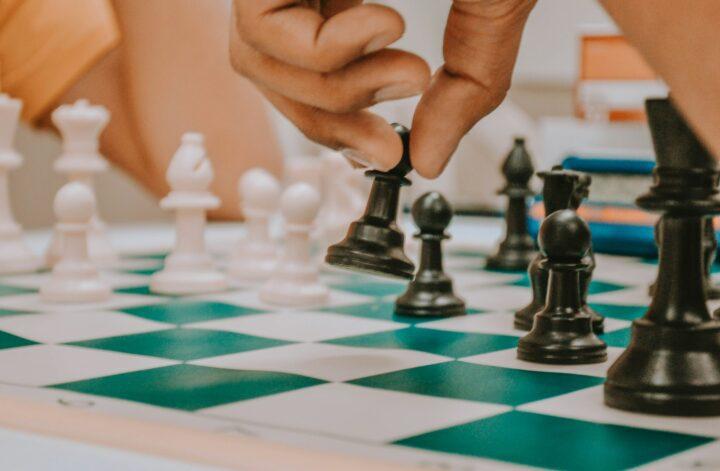You’re probably familiar with chess as a game. But it is much more than that. It’s a mental exercise that offers numerous benefits beyond entertainment. Whether you’re a beginner or a seasoned player, the strategic challenges of chess can significantly enhance cognitive abilities and improve overall well-being.
Here are five compelling reasons why learning chess can be advantageous.
Develop perspective
One of the most valuable skills that chess instills is the ability to see situations from multiple perspectives. Every move you make affects the dynamics of the game, requiring you to anticipate your opponent’s moves while strategising your own.
This constant evaluation of different viewpoints fosters a deeper understanding of complex scenarios, a skill that translates into everyday life. When you learn to consider various angles in chess, you develop a broader perspective, enabling you to make better decisions and even empathise with others better.
Boost memory
Chess is a game of patterns and sequences, requiring players to memorize countless combinations of moves, strategies, and board positions. As a result, regular chess practice can significantly improve memory function.
Studies have shown that chess players, regardless of age, tend to have better memory retention and recall, compared to non-players. The constant mental exercise of recalling past games, recognising patterns, and anticipating future moves strengthens neural connections associated with memory. So, chess helps you memorise better!
Enter the flow state
A game of chess can often lead to a state of flow, where players experience a heightened sense of focus and concentration. This flow state, characterised by complete immersion and optimal performance, occurs when the level of challenge matches the player’s skill level.
When you’re fully absorbed in a game, you can experience a sense of timelessness, heightened awareness, and effortless move execution. This is a great tool for learning how to unlock the flow state.
Help ADHD
Chess has shown promising results in helping individuals with Attention Deficit Hyperactivity Disorder (ADHD) improve their focus and concentration. Playing chess can be part of ADHD therapy, alongside specialist medications and support.
The structured nature of the game and its demand for continuous attention and strategic thinking can naturally alleviate symptoms of inattentiveness and impulsivity. Playing chess requires players to think several moves ahead, prioritise tasks and maintain mental discipline, all of which are essential skills for managing ADHD symptoms.
Boost creative thinking
Contrary to popular belief, chess is not solely about logic and calculation. It also stimulates creativity and originality. While the game follows certain rules and principles, there is virtually an infinite number of possible game positions and outcomes.
This open-ended nature of chess encourages players to think outside the box, explore unconventional strategies, and adapt to evolving situations. By nurturing creativity and problem-solving skills, chess empowers you to approach challenges from a new angle. And, let’s be honest, who wouldn’t want this skill in day-to-day life?
There’s more about chess than meets the eye. It’s easy to assume that chess is a purely logical and tactical game. But in reality, it can help you unlock your inner powers! Whether you’re looking to sharpen your mind, improve your focus, or simply enjoy a stimulating pastime, this is a rewarding pursuit with enduring benefits. So, why not make your next move towards mastering the game of kings?


